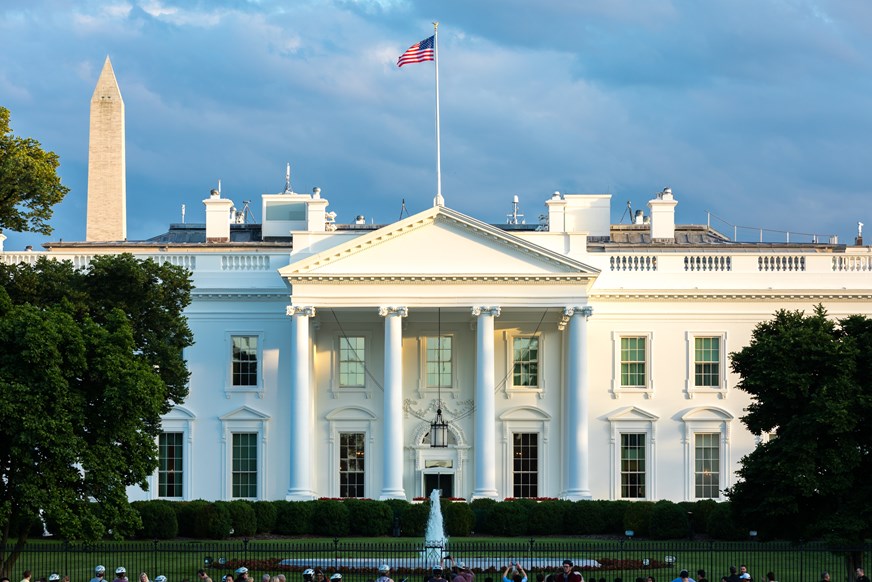
Search our articles
Walz VP pick indicates continuity in democratic approach to trade

Key Insights:
- What happened: Kamala Harris has selected Minnesota governor Tim Walz as her Vice Presidential candidate for the 2024 US election, finalizing the ticket for the Democratic Party heading into November.
- Why it matters: By selecting Walz, Harris signals continuity with existing Biden-era trade policy including a focus on worker protections and environmental issues.
- What happened: Kamala Harris has selected Minnesota governor Tim Walz as her Vice Presidential candidate for the 2024 US election, finalizing the ticket for the Democratic Party heading into November.
As Kamala Harris’s running mate, Tim Walz brings a wealth of experience from his tenure as both a congressman and governor. His record on trade policy, combined with his comments and experiences, provides insights into how he might shape trade policy in a Harris administration.
During his time in Congress, Walz represented Minnesota’s 1st District, a region with significant agricultural interests. His voting record reflects a cautious approach to trade deals, often prioritizing labor and environmental standards over purely commercial interests - a stance possibly influenced by his own experiences as a union member while working as a teacher. Walz voted against Trade Promotion Authority for the Transpacific Partnership (TPP) in 2015 after expressing concern that trade deals typically lacked protections for US workers and the environment.
Walz has taken a measured stance on China in his role as governor, recognizing in several statements the importance of the Chinese export market for agricultural goods coming out of Minnesota. Walz’s experience working on economic relations with China as governor could make him a valuable asset in a Harris administration looking to build upon Biden administration positioning on China on issues including tariffs, export controls, and US trade relations with countries where firms are friend- and nearshoring.
Most importantly, Walz’s strong focus on policies benefiting US workers align with Harris’, indicating there is unlikely to be a pivot back to extremely open trading systems and large-scale trade agreement negotiations after November regardless of who wins the election. The use of tariffs, export controls, and careful scrutiny of existing trade deals like USMCA would continue in in a Harris Administration.
Topics: North America, Trade, Politics

Written by Onyx Strategic Insights

